Category: Offshore Gold Dealers / Offshore Gold Storage
Click offshore gold dealer listings for reviews, info, map & contact details.
Is your offshore gold company not listed? Add an offshore gold dealer
Showing 1–28 of 41 results

SWP Dubai
Read More
SWP Cayman
Read More
GoldCore Ireland
Read More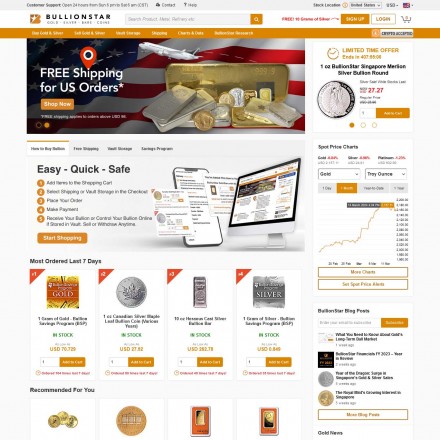
BullionStar
Read More
Indigo Precious Metals
Read More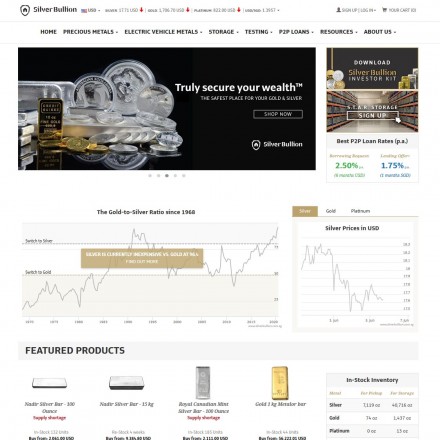
Silver Bullion
Read More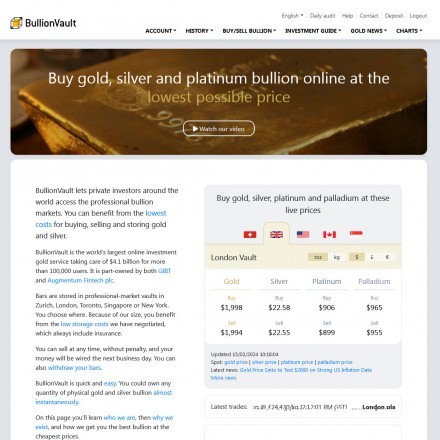
Bullion Vault
Read More
GoldBroker.com
Read More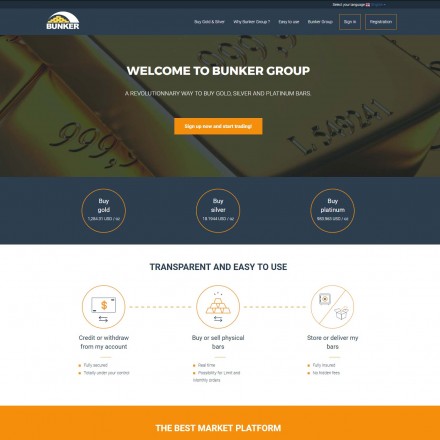
Bunker Group
Read More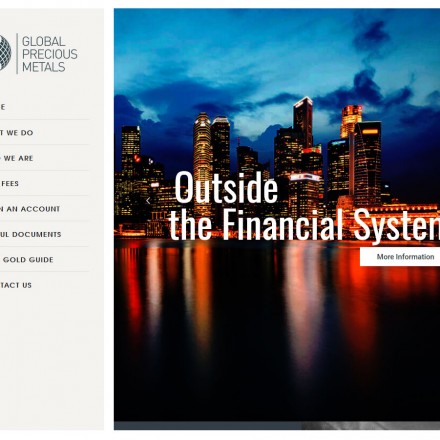
Global Precious Metals
Read More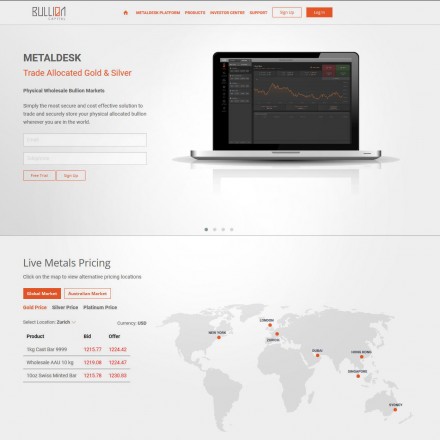
Bullion Capital
Read More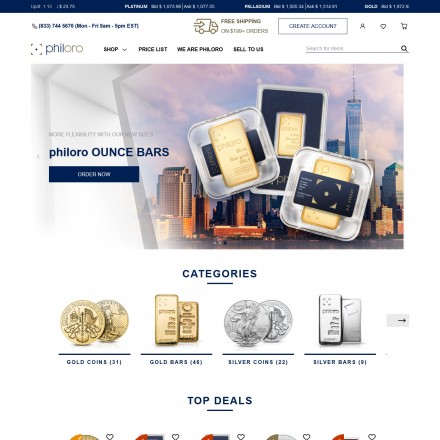
philoro
Read More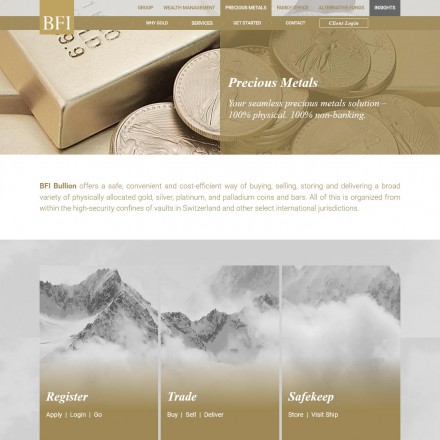
BFI Bullion
Read More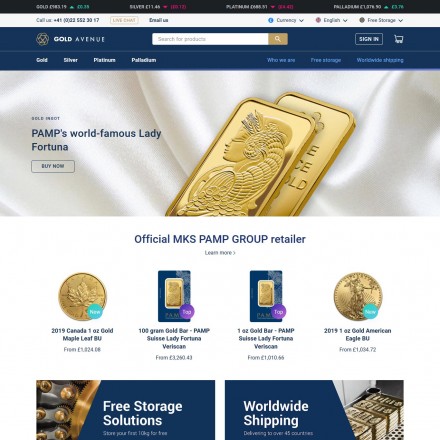
Gold Avenue
Read More
Kitco Hong Kong
Read More
Vaultoro
Read More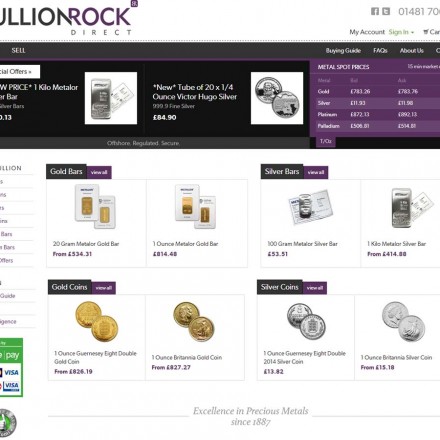
BullionRock
Read More
GoldSaver IE
Read More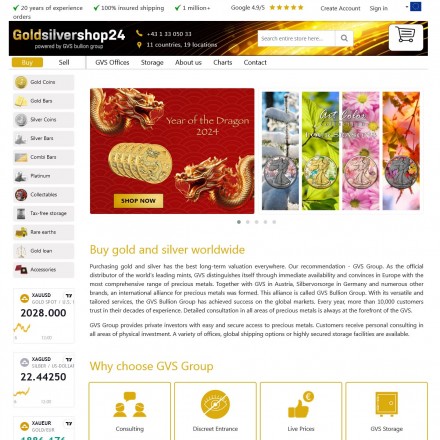
Goldvorsorge Soos
Read More
Panama Gold Bullion
Read More
ABC Bullion HK
Read More
QORE
Read More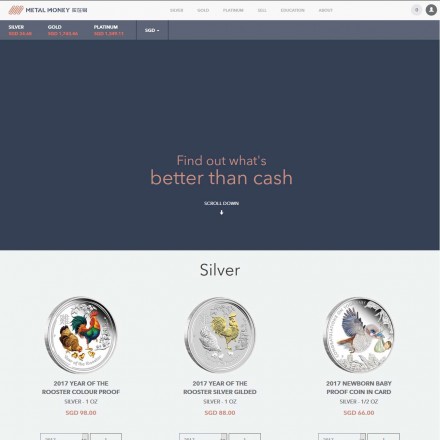
Metal Money
Read More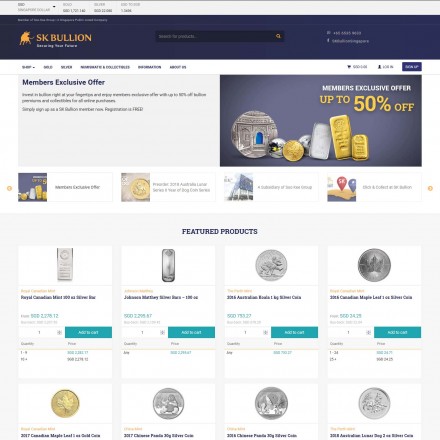
SK Bullion
Read More
CleanGold
Read More
BMG Bullion Panama
Read More
Bullion Dealer Co. SA
Read More
Byzantium
Read More
Why Offshore Gold?
The reason that an increasing number of investors are turning to offshore solutions to buy and store their gold holdings, can be summed up in three words:
Worry, Privacy and Tax.
#1 Offshore Gold Investment and Worry
 Precious metals investors already buy gold as a hedge against turmoil and a safe haven to protect assets in times of financial crisis. It’s use as a portfolio’s what-if investment is well documented.
Precious metals investors already buy gold as a hedge against turmoil and a safe haven to protect assets in times of financial crisis. It’s use as a portfolio’s what-if investment is well documented.
In a “normal” recession where currency is devalued or stock-markets hit the floor, gold rises, balancing everything else out.
But what if the next financial crisis is as bad as many are predicting?
Will owning some gold in your home country be enough protection for your savings and other investments?
Given current market conditions and their overly-leveraged positions, it’s very likely that many banks will experience significant stress when the financial markets turn. And turn they will.
Since the last crash, our banking system has seen a fundamental change in the process of what will happen next time a bank fails. They’ve been set up so that at the first sign of trouble, the very first port of call for bail-out funds won’t be the government – but the savers.
Much as we saw happen in Greece where account holders were stripped of their savings, Western banks have now been given the green-light to enter our savings and investment accounts and take our money to stay afloat – through a process known as a bail-in.
Government-backed deposit insurance has been set up, but legal definitions have been carefully reworded to make our bank accounts give up our savings to the troubled bank, less that guaranteed amount. In the UK, the FSCS (Financial Services Compensation Scheme) covers savers for £85,000 – although it’s important to realise this is per bank, not per account.
An individual with multiple high-value accounts at one bank, or across various subsidiaries of a parent bank* will only see a single guaranteed payment of £85,000. All official guidance says to limit holdings and spread deposits across multiple non-related bank accounts.
Not exactly confidence building.
But if it gets really bad, we’ve got much more to worry about than losing some of our savings.
When a government runs out of money, they come for ours through capital controls, exchange control, tax and confiscation. With the US and UK governments seeing record levels of debt in the multiple trillion dollar range, that’s not some distant-future possibility but a very likely scenario.
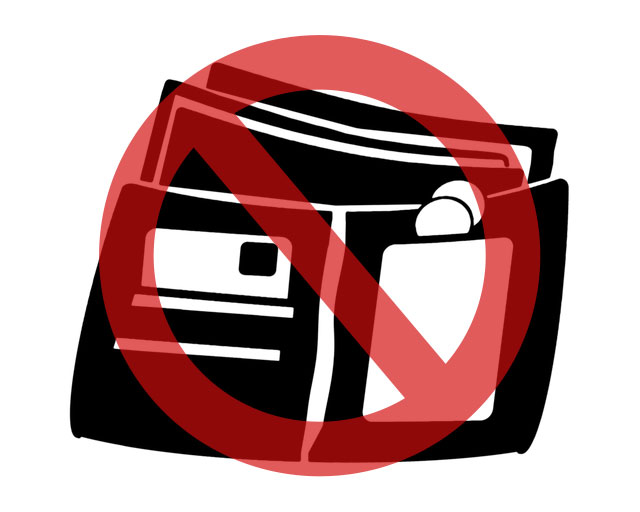 India has already banned the use of much of it’s currency and other countries are moving towards similar programs, demonizing cash and promoting all-digital banking and a cashless society as the future.
India has already banned the use of much of it’s currency and other countries are moving towards similar programs, demonizing cash and promoting all-digital banking and a cashless society as the future.
But it’s a future where our money can be controlled by government at the click of a mouse, where deposits can be reduced or taken, payments can be withheld and accounts frozen in seconds.
And it’s a future where negative interest rates can be applied to our accounts across the board, where we pay banks for the benefit of lending them our money.
Offshore banks, once a safe-haven and tax-avoidance package to many, have lost almost all of their privacy after an onslaught of transparency regulation from FBAR (Report of Foreign Bank and Financial Accounts), FATCA (Foreign Account Tax Compliance Act) and CRS (Common Reporting Standards) – regulations which now affect 80 tax-havens and mean they must share with foreign tax authorities full details of client bank balances, including interest, dividends and any income from insurance products!
Money in the bank? You’re right to be worried. But gold? Gold’s safe isn’t it?
Well it’s not exactly free from government interference. Most gold investors know of Roosevelt’s 1933 gold raid a national gold confiscation where the American people were unshackled from their ownership of investment bullion.
Much less discussed is the UK’s own 1966-1971 gold ban where Britons were barred from holding more than four gold coins or from buying any new ones, unless they held a licence.
There wasn’t even a crisis. The UK government just decided to do it.
The truth is any government can do anything if it’s in a pinch and there’s very little we can do to stop them.
And thanks to anti money laundering laws and the strict reporting being followed by banks and bullion dealers alike, it’s safe to say our governments could easily find our privately-owned bullion if they needed to.
Bullion on home soil could very easily become the next low-hanging fruit after a governmental cash-grab.
Offshore gold is a perfectly legal way to add additional layers of protection to your assets with the added benefit of helping with our other chief concerns…
#2 Offshore Gold Investment and Privacy
 In the West we have zero privacy. Literally everything we do in public and apparently now in private is capable of being tracked and monitored.
In the West we have zero privacy. Literally everything we do in public and apparently now in private is capable of being tracked and monitored.
Everything we do online and off, the site’s we browse, the shops we go to, where we drive, our social connections, the emails we write – it’s all monitored in some way.
But what happens when you want to step out of this spotlight for a change and buy yourself some gold. You’re not a criminal, you’re not laundering money- it’s more that for once, maybe, you just want to be private.
Credit cards are out of the question due to transaction tracking and the same applies to any kind of digital banking.
As for cash, if you want to withdraw more than a few hundred dollars or pounds from the bank you’ll need to advise the teller of your plans for your money.
If the bank doesn’t consider it a good enough reason, the money isn’t getting handed over.
So let’s say for fun that you’ve actually been able to withdraw a sizeable amount of your own hard-earned and legally accounted for money.
This is when you come up against AML (Anti Money Laundering) reporting requirements.
Designed in theory to protect us all from criminals and terrorists, as law-abiding citizens we’re only allowed to buy a certain amount of gold in a single transaction.
There’s also a limit to the total amount we can buy in any year without handing over our full details and life story – to the bullion dealer, and ultimately the government. Bullion dealers are required by law to take and hold a copy of our national ID in their files.
This annual reporting limit is only $10k for US buyers and £10k in UK – with a further reality being there is no minimum figure for reporting “suspicious” transactions within the UK.
On that note, did you know that buying bullion “for no apparent reason” is a listed red-flag marker in the official 2015 FAFT Report on Gold and Money Laundering…
Thankfully for fans of true privacy, buying gold bullion offshore can carry much less onerous reporting requirements, both when it comes to cash purchases and to annual reporting threshholds.
And cross-border information sharing is non existent at several offshore locations.
Gold held offshore by an individual and outside of a financial institution is also exempt from US FBAR and FATCA reporting regulations.
This means that for any investor looking to legitimately internationalize assets, and wanting to do so privately as part of a risk-mitigation strategy, offshore gold can provide a truly eyes-only route to investing in precious metals.
#3 Offshore Gold Investment and Tax
 The gold investment playing field is not a level one – and this is entirely down to variable taxation.
The gold investment playing field is not a level one – and this is entirely down to variable taxation.
In some countries there is zero tax paid when buying investment gold and that’s all well and good.
Unfortunately the big problem is that in other countries the taxation of investment gold varies enormously.
As an example in the USA and Canada, purchase tax on investment gold varies on a state by state or province basis, with some cities adding a further layer of sales tax on top of the state’s tax.
Even in countries where there is zero purchase tax on investment gold, there may be a tax on investment silver. In the UK there is 0% VAT (Value Added Tax) on gold bullion, but silver bullion bars see an extra 20% added to the buy price.
This puts buyers in some jurisdictions at a serious financial disadvantage when trying to see a gain from their precious metals investments. They would need the market to rise by both the dealer’s premium AND the sum of the purchase tax before they’d be in the black.
A buyer in one state could buy gold at spot plus 1% dealer’s premium while an investor in a neighboring state would be paying an extra 20%.
It’s a genuinely ridiculous situation. And it doesn’t stop there.
Governments are never shy of taxing both ends of a transaction – and yet again, we see completely different treatments across what should be an open global commodity market.
Capital Gains Tax, or it’s equivalent is the tax you pay on profits realized when you sell bullion – however what you pay or even if you pay anything at all, varies enormously depending on your location.
Taking the UK as an example you will pay capital gains tax at up to 28% on investment gold bars, but you may pay nothing whatsoever on your bullion coins!
Provided you buy specific legal tender bullion coins, there’s zero capital gains tax in addition to the zero rated VAT.
So how does offshore gold help your tax situation?
If you’re unfortunate enough to live in a country that taxes bullion purchases and bullion gains, moving your investment activity offshore can carry significant tax savings.
Should your home country happen to have tough tax laws relating to offshore earnings, there are fully legal and commonplace methods available to reduce or even remove this liability through the use of additional offshore vehicles.
Methods your chosen offshore gold dealer will be able to explain and even organize, either in-house or through a local tax professional.



 Direct Bullion
Direct Bullion


 Material provided on the Bullion.Directory website is strictly for informational purposes only. The content is developed from sources believed to be providing accurate information. No information on this website is intended as investment, tax or legal advice and must not be relied upon as such. Please consult legal or tax professionals for specific information regarding your individual situation. Precious metals carry risk and investors requiring advice should always consult a properly qualified advisor. Bullion.Directory, it's staff or affiliates do not accept any liability for loss, damages, or loss of profit resulting from readers investment decisions.
Material provided on the Bullion.Directory website is strictly for informational purposes only. The content is developed from sources believed to be providing accurate information. No information on this website is intended as investment, tax or legal advice and must not be relied upon as such. Please consult legal or tax professionals for specific information regarding your individual situation. Precious metals carry risk and investors requiring advice should always consult a properly qualified advisor. Bullion.Directory, it's staff or affiliates do not accept any liability for loss, damages, or loss of profit resulting from readers investment decisions.
